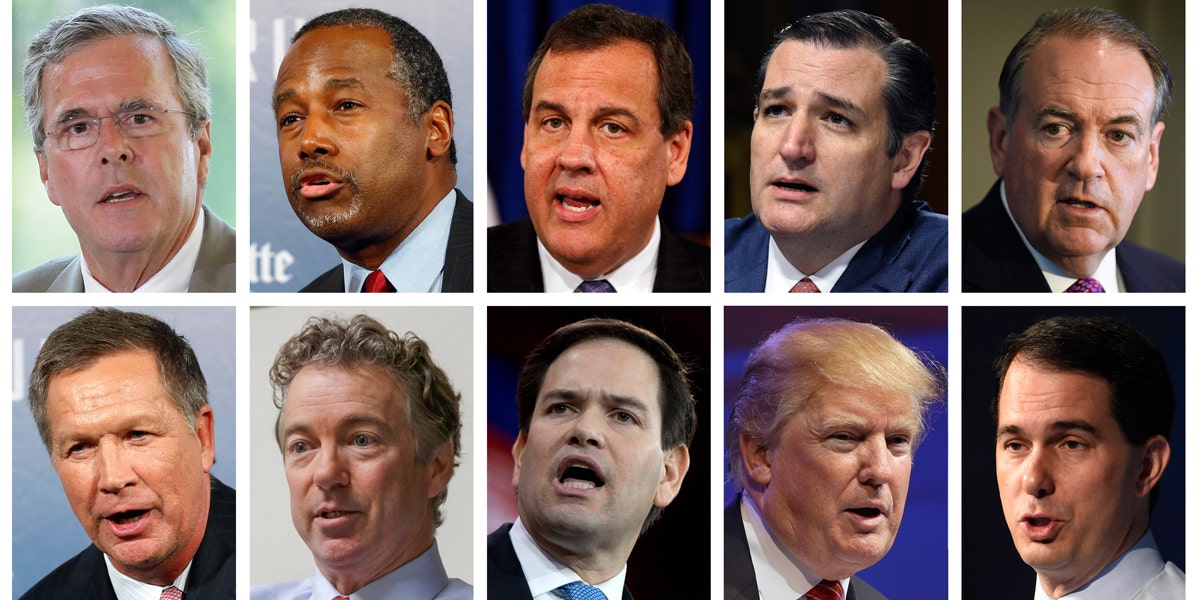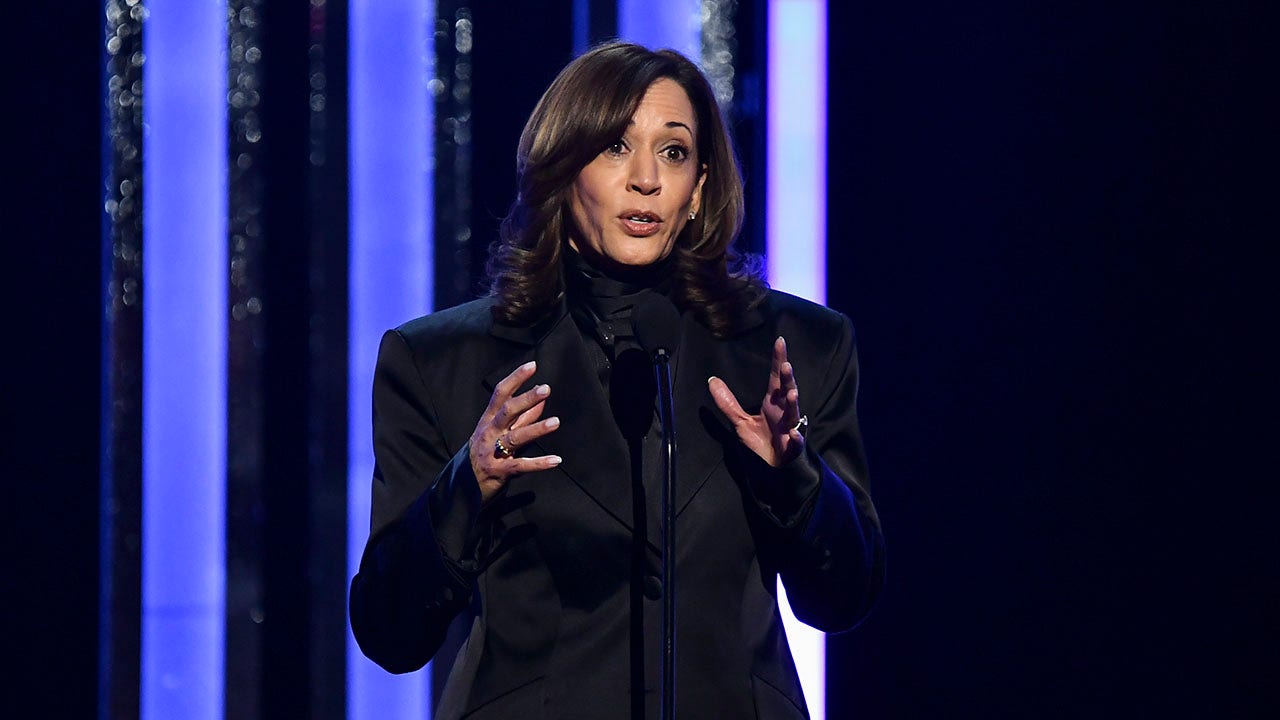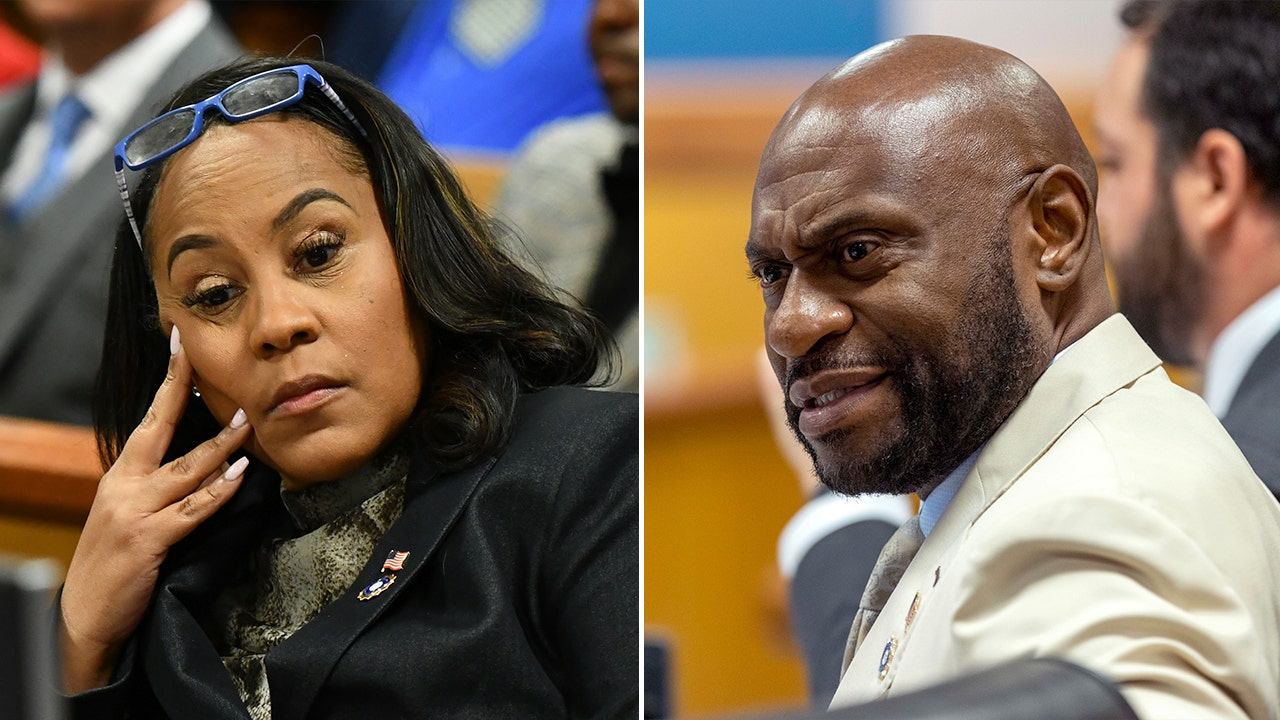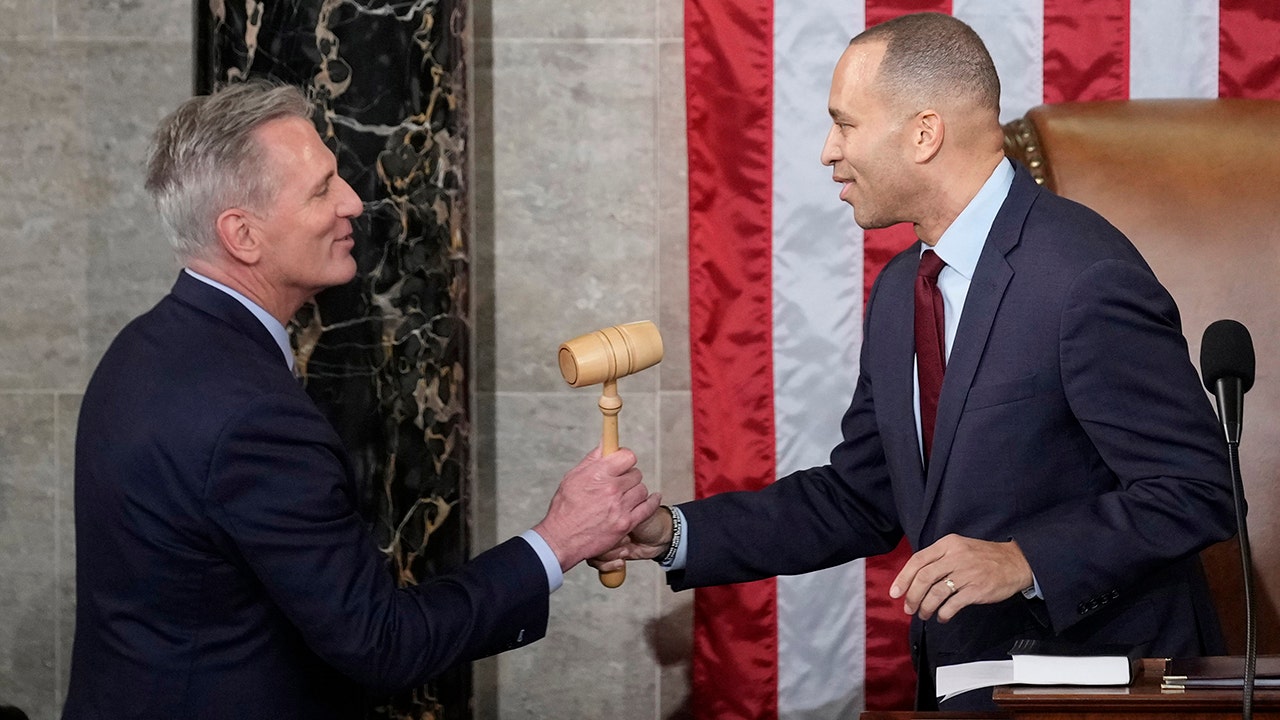With just hours left until the first GOP presidential debate on Thursday, candidates and their campaigns are sequestered away studying and practicing on mock debate stages in hotel rooms and studios somewhere along the campaign trail.
A lot goes into preparing for debates. Much like the “special team” that’s brought onto the field during a football game, campaigns have “debate teams” that are brought in weeks out from a debate to prepare the campaign and the candidate for the big night.
A lot of time is spent by candidates on policy—understanding the issues, memorizing supporting facts, and contrasting their own views with those of opponents. While substance is important and a key factor in performing well in a debate, much of that will be overlooked if the candidate’s performance isn’t on par or above. There is an even greater chance that it could totally be upended by the theatrics of debates and politics in general. With Donald Trump on stage, most folks are betting on a pretty theatrical night.
That said, here are fifteen “do’s” and “don’ts” that the candidates are hearing from their debate teams right now:
1. Dress for the job you want, not the job you have. You might be a cowboy or a biker, but when running for governor, try to look like a governor. The same goes if you are running for president. Also, make sure the suit fits. Otherwise it will become the story like it was for Senator Ron Paul in 2012.
2. Don’t cower if your opponent walks into your space. Think to yourself, be like George W. Bush when facing Al Gore and just give’em a nod.
3. Don’t let them see you sweat like President Nixon when he was debating John F. Kennedy.
4. If you are going to propose cutting three federal agencies, you better know all three—and avoid the kind of “oops!” moment Governor Rick Perry had when he forgot the third in 2012.
5. Have some one-liners ready that can be deployed, especially ones that reinforce the negative narrative about your opponent. Remember when then Senator Barack Obama said to then Senator Hillary Clinton, “You’re likeable enough Hillary”? A one-liner can be applied in other ways as well, such as when, instead of disagreeing with the claim that President Carter made about then Governor Ronald Reagan’s position on Medicare, he just simply said, “There you go again, Mr. President.”
6. Do reframe the narrative. Just because your opponent tries to frame who you are as a person, doesn’t mean you have to accept it. Reagan famously reframed the concern about age in his debate with Democratic nominee Walter Mondale. Reagan, who was the oldest President in history when running for a second term, flipped the script by stating, “I will not make age an issue of this campaign. I am not going to exploit, for political purposes, my opponent’s youth and inexperience.”
7.Avoid filler words that are used to buy time such as “absolutely”, “yes”, or “ whatever. Don’t say them. Especially if they are agreeable terms and you are about to disagree.
8. Don’t be afraid to put your opponent in their place. Think back to 1988 when Democratic vice presidential candidate, Lloyd Bentsen, said to his Republican opponent, Dan Quayle, “Senator, I served with Jack Kennedy, I knew Jack Kennedy, Jack Kennedy was a friend of mine. Senator, you’re no Jack Kennedy.” The audience erupted and it became a defining moment.
9. Don’t get combative with the moderator, unless you are Newt Gingrich and can turn it into a positive moment as he did on policy and then on a personal matter.
10. Don’t clash with the backdrop, but don’t fade away either. Wear some sort of color, but no crazy patterns. They just don’t read well on camera.
11. Remember the advice your mother gave you: pull your shoulders back, don’t cross your arms, try to keep your hands down (out of the tight shot), smile, and don’t fidget.
12. Don’t get caught being out of touch. Think of Governor Mitt Romney offering to make a $10,000 bet. Who bets $10,000? Not average voting Americans.
13. We know debates can get boring, but if you’re a candidate, don’t get caught looking at your watch, like President George H.W. Bush did when debating Bill Clinton in 1992.
14. Do connect with the audience out in TV land by looking into the camera. In 2008, Obama did this well, but in his first debate against Romney he failed while Romney succeeded.
15. Play to your position. If you are in the bottom tier of candidates, then make waves and break free from the bottom rungs. If you are a front-runner, be presidential and statesmen-like. If you are somewhere in the middle, then aim be even and steady but with a backbone and a side of sass.






Leave a Reply